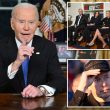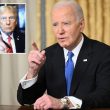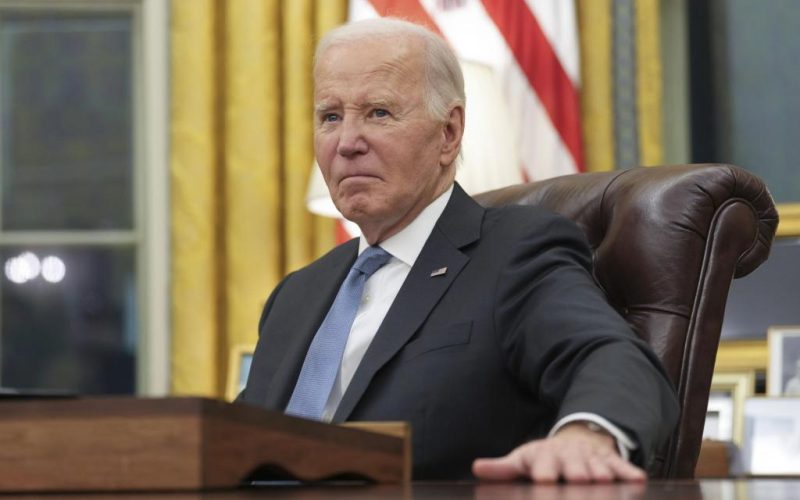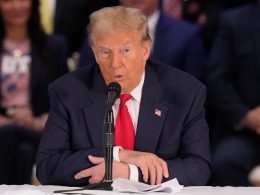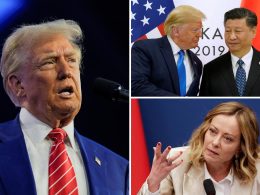WASHINGTON — Retiring President Biden is lifting Cuba’s designation as a state sponsor of terrorism less than a week before leaving office — outraging Republican members of Congress who believe more stringent sanctions should remain in effect.
Biden’s decision to ease restrictions on the longtime Communist-run island was first reported by The Associated Press and the White House did not immediately make public its justification.
Sen. Marco Rubio (R-Fla.), a Cuban-American who is President-elect Donald Trump’s nominee for secretary of state, could reimpose the designation after assuming office.
Texas Sen. Ted Cruz, another prominent Cuban-American Republican, slammed Biden’s move as “unacceptable on its merits.”
“The terrorism advanced by the Cuban regime has not ceased. I will work with President Trump and my colleagues to immediately reverse and limit the damage from the decision” he said.
South Florida Republican Rep. Carlos Gimenez tweeted, “President Biden is a pathetic coward. Come January 20th, there will be a NEW SHERIFF in town & President Trump alongside Secretary of State [Rubio] will not only put #Cuba BACK on the list but PULVERIZE the regime once & for all!”
The state sponsor of terrorism designation was applied almost exactly four years ago by outgoing Secretary of State Mike Pompeo in the final days of Trump’s first term.
Pompeo cited Cuba’s status as a longtime safe haven for violent left-wing fugitives and revolutionaries.
“For decades, the Cuban government has fed, housed, and provided medical care for murderers, bombmakers, and hijackers, while many Cubans go hungry, homeless, and without basic medicine,” the State Department said at the time.

“Members of the National Liberation Army (ELN), a U.S.-designated Foreign Terrorist Organization, traveled to Havana to conduct peace talks with the Colombian government in 2017,” the department continued. “Citing peace negotiation protocols, Cuba has refused Colombia’s requests to extradite ten ELN leaders living in Havana after the group claimed responsibility for the January 2019 bombing of a Bogota police academy that killed 22 people and injured more than 87 others.”
The Pompeo-led department added: “Cuba also harbors several U.S. [sic] fugitives from justice wanted on or convicted of charges of political violence, many of whom have resided in Cuba for decades. For example, the Cuban regime has refused to return Joanne Chesimard, on the FBI’s Most Wanted Terrorists List for executing New Jersey State Trooper Werner Foerster in 1973; Ishmael LaBeet, convicted of killing eight people in the U.S. Virgin Islands in 1972; Charles Lee Hill, charged with killing New Mexico state policeman Robert Rosenbloom in 1971; and others.”
It was not immediately clear how Tuesday’s move might impact Havana’s economy, though the state sponsor of terrorism designation carries one of the harshest possible sanctions regimes.
Currently, three other countries are designated as state sponsors of terrorism: Iran, North Korea and Syria.
